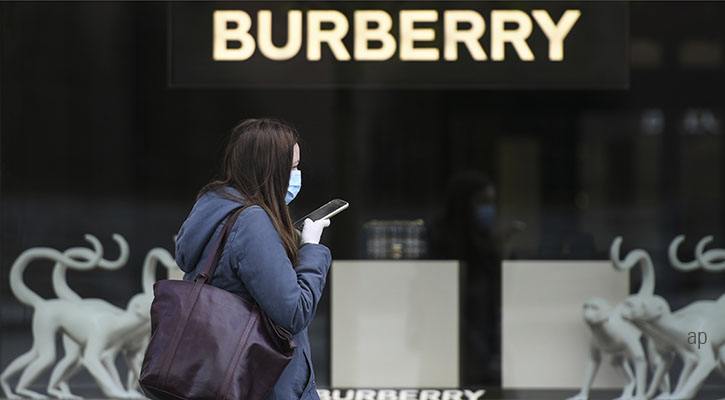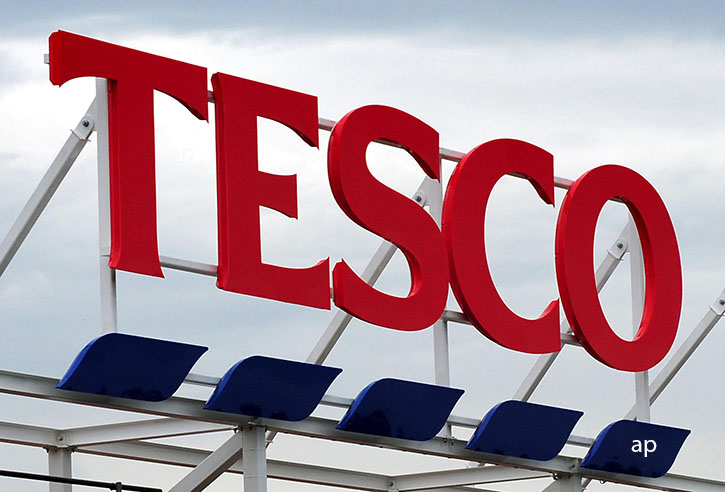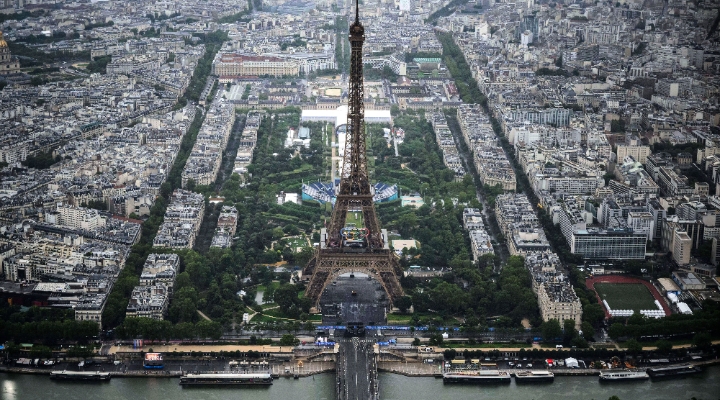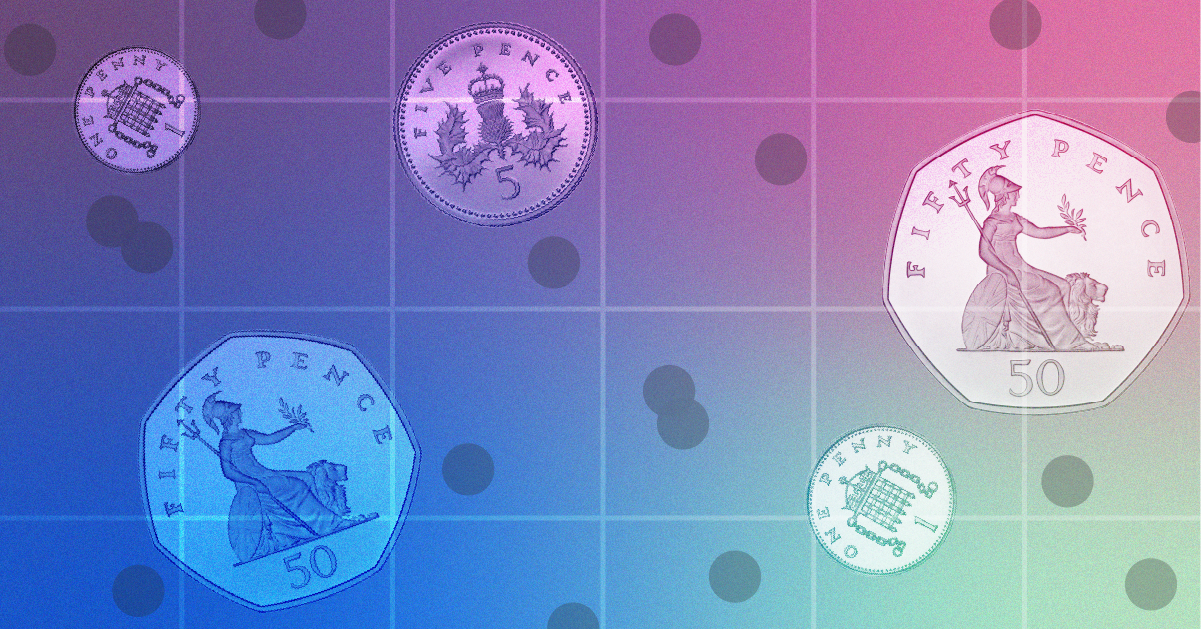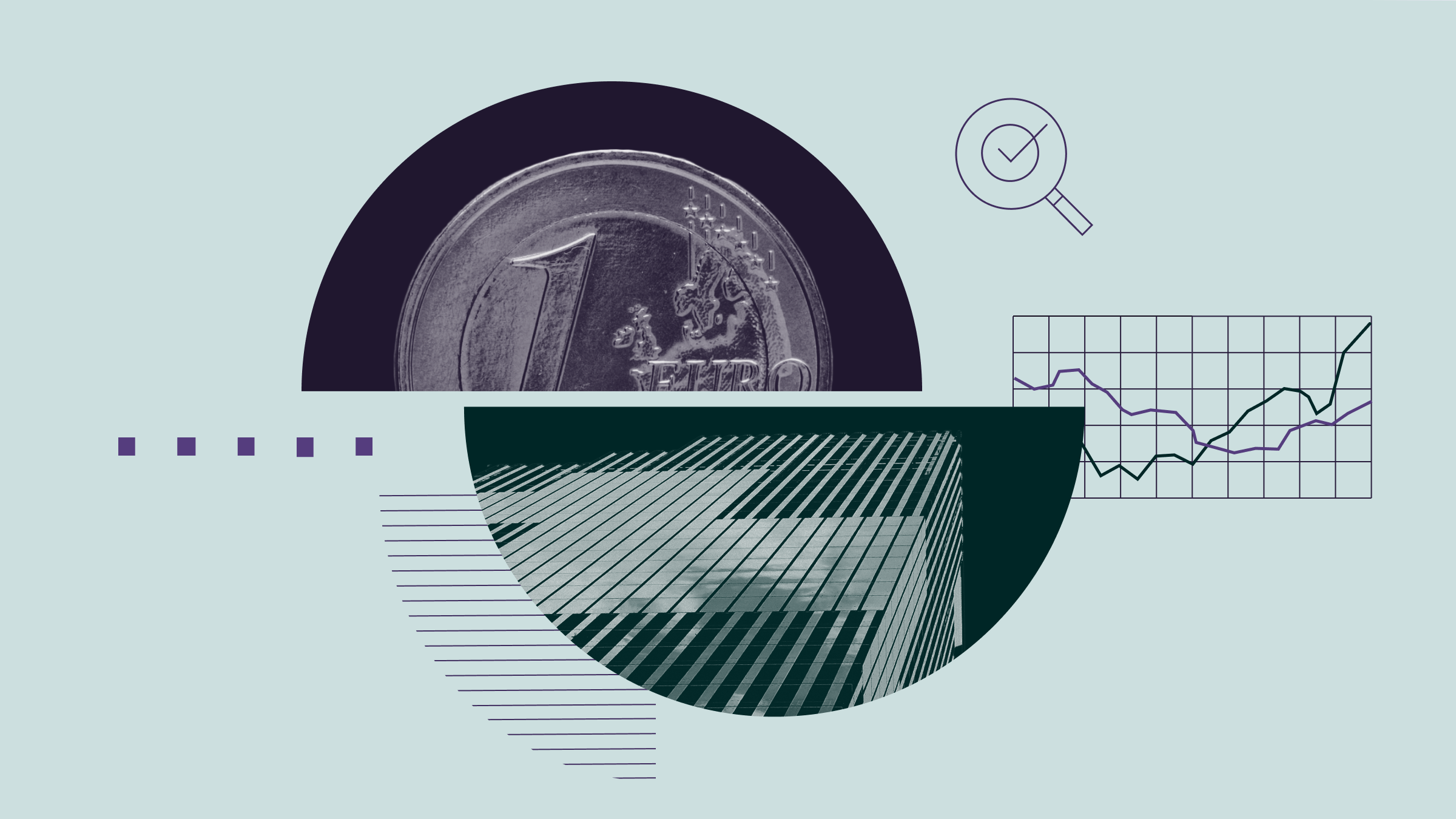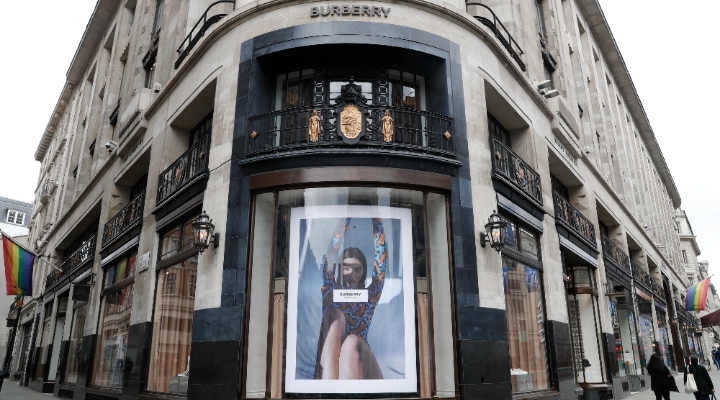
It's confirmed: Burberry (BRBY) has been booted out of the FTSE 100.
According to FTSE Russell, which manages the UK's blue-chip index, the latest quarterly revision of FTSE indexes places Burberry into the FTSE 250. Anglo-Bermudan insurer Hiscox (HSX) will make the leap into the FTSE 100 in Burberry's place. It has enjoyed a share price rise of 14% year-to-date, taking its market capitalisation above £4 billion.
Also joining the FTSE 250 is computer company Raspberry Pi (RPI)
Shares in narrow-moat luxury fashion designer Burberry have suffered steep declines of late, meanwhile, losing 50% of their value in 2024 so far, and 70% over the past 12 months. The company's current market capitalisation is £2.3 billion.
This morning Burberry shares opened up 2%, and currently cost £6.36.
Key Morningstar Metrics For Burberry (BRBY)
• Morningstar Fair Value Estimate: £13.30
• Morningstar Rating: ★★★★★
• Morningstar Economic Moat Rating: Narrow
• Morningstar Uncertainty Rating: High
• Discount to Fair Value: 48%
• Sector: Consumer Cyclical
Why Was Burberry Kicked Out of The FTSE 100?
Burberry was kicked out of the FTSE 100 index because its market capitalisation wasn't big enough to make it one of the UK's 100 biggest companies by market capitalisation. As such, it now falls into a larger group of companies known as the FTSE 250, which is an index of the 250 largest UK companies by market capitalisation.
The core reason for this chain of events is its own business fundamentals, however.
According to Jelena Sokolova, senior equity analyst at Morningstar, Burberry has been shackled by three main hurdles. So far it has been unable to overcome them.
"[Firstly,] high exposure to slower growing apparel and relatively small exposure in terms of revenue to iconic outerwear products," she says.
"An unsuccessful push into fashion-forwardness with three creative director changes over the last 10 years and a failed push into leather goods, [which is a] very competitive area with strong established players where Burberry's brand is not strong enough.
"[Then there's] recent price hikes coinciding with a slowdown in luxury buying and a special weakness of aspirational consumer." This latter factor has in part been driven by weaker-than-expected economic growth in China.
Sokolova does still see potential upside in Burberry's shares, and gives the company a Fair Value Estimate of £13.30.
"Historically, luxury downturns have not lasted longer than one to two years and Burberry has a chance to reinvent itself through a renewed focus on key outerwear collections and more affordable ranges," Sokolova says.
In July Morningstar reduced its Fair Value Estimate for Narrow-Moat Burberry from £15.70, reflecting weaker expectations for this year, as well as a slower long-term sales recovery.
Burberry's sales revenue was down 21% in the three months to the June 29. Sales in the Asia Pacific Region also dropped 23%, while sales in mainland China and the Americas fell 21% and 23%, respectively.
The disappointing results led the company to suspend its dividend.








